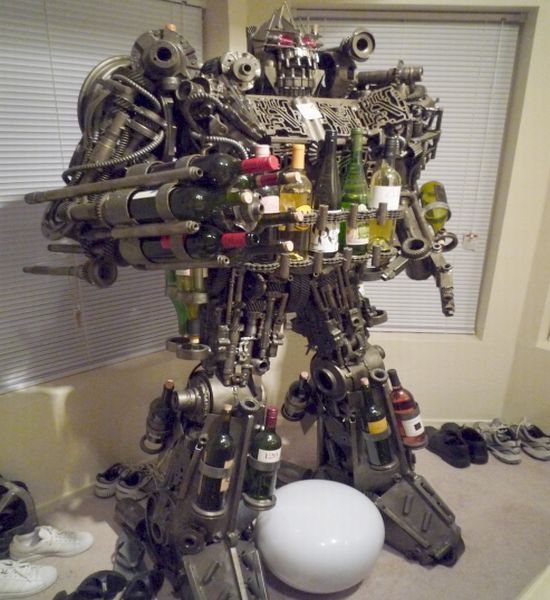A car tune-up usually involves many different preventative maintenance actions chosen to minimize the possibilities of catastrophic failure and negate the effects of regular wear and tear. But what exactly is involved in the ideal tune-up? And how can you make sure your next car tune-up is as efficient and thorough as possible?
1. Hire the Right Professionals
While it’s possible to conduct a tune-up on your own, it’s usually better to have a professional auto mechanic do the work. Seasoned experts in this field typically have more experience and knowledge than you do, and can make better analysis of your existing mechanical systems.
However, you can’t just hire a random auto mechanic and expect excellent results. If you want your tune-up to be more effective, you need to be discerning with the professionals you hire. These are some of the best ways to do it:
· Shop around
Don’t assume that the mechanic you’ve always visited is the best mechanic in your area – and don’t go with the first person you find in the figurative phone book because they happen to be convenient. Instead, shop around. Talk to a variety of different mechanics in your area to get a feel for what they offer, how they work, and how much they charge.
· Get recommendations
Ask your family members, friends, and neighbors if they know any reliable auto mechanics. They may have had good or bad experiences with specific mechanics in your area. If there’s an auto mechanic who seems to consistently provide good work to many different people, you can probably trust them.
· Read reviews
Go a step further by reading online reviews. In today’s age of information, it’s easy to figure out whether a business is reliable or not. Are people generally satisfied with their experiences here? Or do they have much to complain about?
· Talk to the mechanic
Before you take your car in, have a conversation with your mechanic. Ask them what they include in a tune-up, ask them how much they charge, and get a feel for how they communicate. Is this a person you trust to work on your vehicle?
2. Verify What’s Included
There are certain things that should be included in every tune-up. If you’re doing the work yourself, take this as a checklist. Otherwise, verify that all the following are included as part of the collection of services.
· Replacing worn ignition parts
Spark plugs, ignition wires, and other ignition components accumulate wear and tear and eventually degrade. It’s important to inspect and, when necessary, replace these parts. It’s usually a cheap and easy job they can help you prevent problems down the road.
· Replacing dirty filters
Vehicles are home to many different filters, from the oil filter that your oil passes through to cabin air filters that purify your air. These filters need to remain clean and unclogged if they’re going to perform their job efficiently, so every auto tune-up should include an inspection (and replacement when necessary).
· Replacing old belts and hoses
Belts and hoses are connective elements in your vehicle; if they suffer from wear and tear or direct damage, they may not be able to function properly. These elements should be inspected and potentially replaced as well.
· Changing the oil
One of the most important pieces of preventative maintenance you can practice for your vehicle is changing the oil at intervals recommended by your car manufacturer. Cleaned oil ensures your car can operate efficiently – and can prevent a host of major engine problems.
· Checking and replacing fluids
Brake fluids, coolant, power steering fluid, and windshield wiper fluid are all important for the safety and functionality of your vehicle. Whoever is in charge of the tune-up should evaluate these fluid levels and top them off when needed.
· Rotating tires
Many car tune-ups also include tire rotation to ensure even wear of the tires.
3. Pay for the Upgrades
When buying replacement parts for your vehicle, consider splurging on the upgrade. In many cases, spending a bit more money can provide you with a more reliable, more functional component to your vehicle. For example,synthetic oil is typically more expensive than standard motor oil, but it’s also much more durable and effective. Premium car tires offer better performance and don’t need to be replaced as often.
4. Check the Work
If you’re having someone else do the work, always verify the integrity of that work after it’s done. You don’t need to be a professional auto mechanic, but you should at least be familiar with the most basic moving parts of your vehicle. If you notice anything strange in your vehicle, or if you notice discrepancies with how you were billed, be sure to ask your auto mechanic for more context.
Regular, high-quality tune-ups will keep your vehicle in better shape for longer. They’re well worth the attention and investment.
Article Submitted By Community Writer




